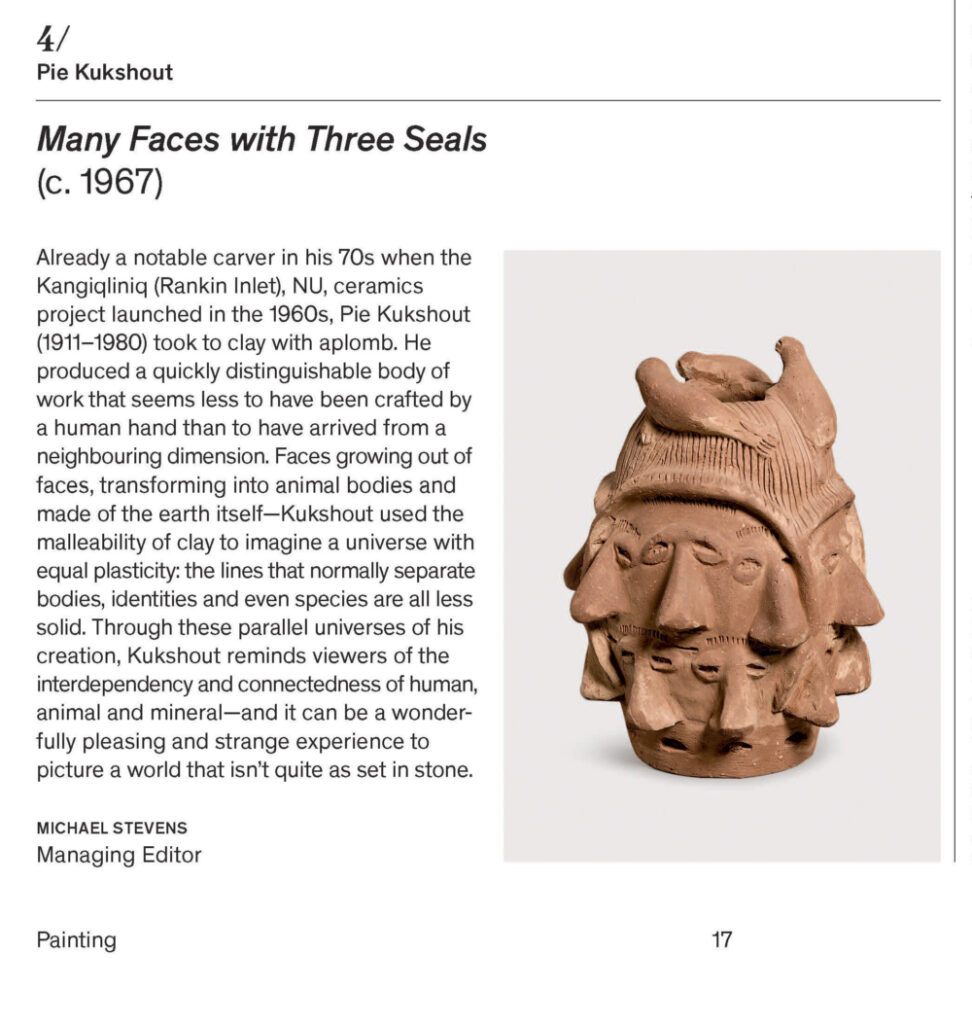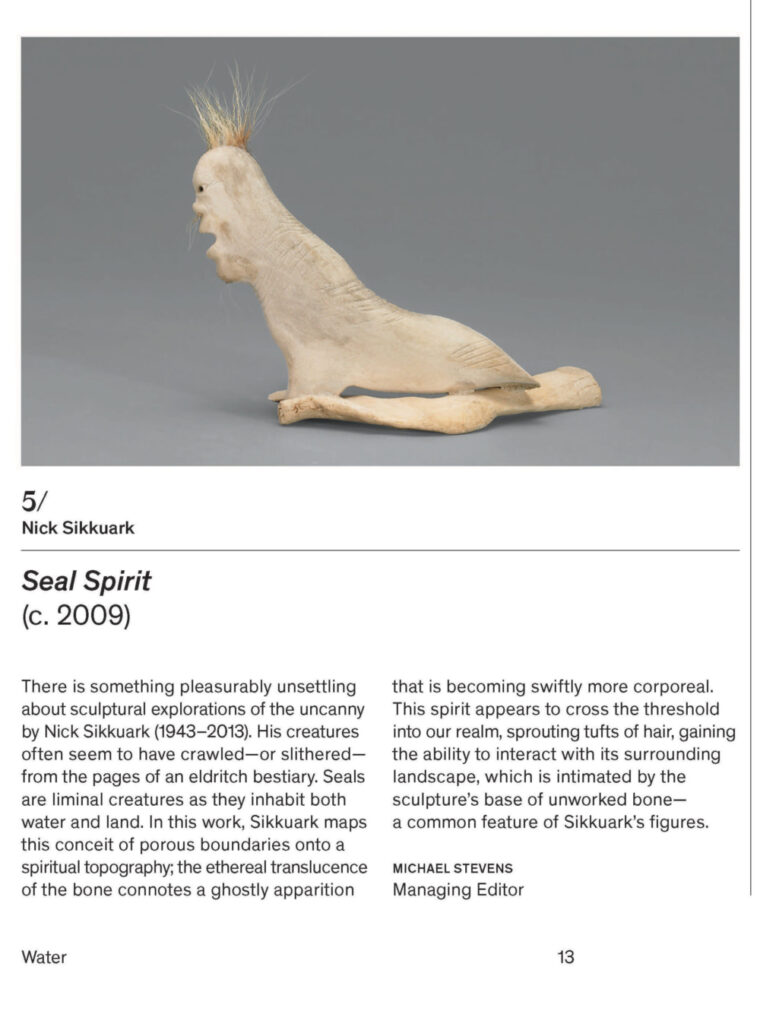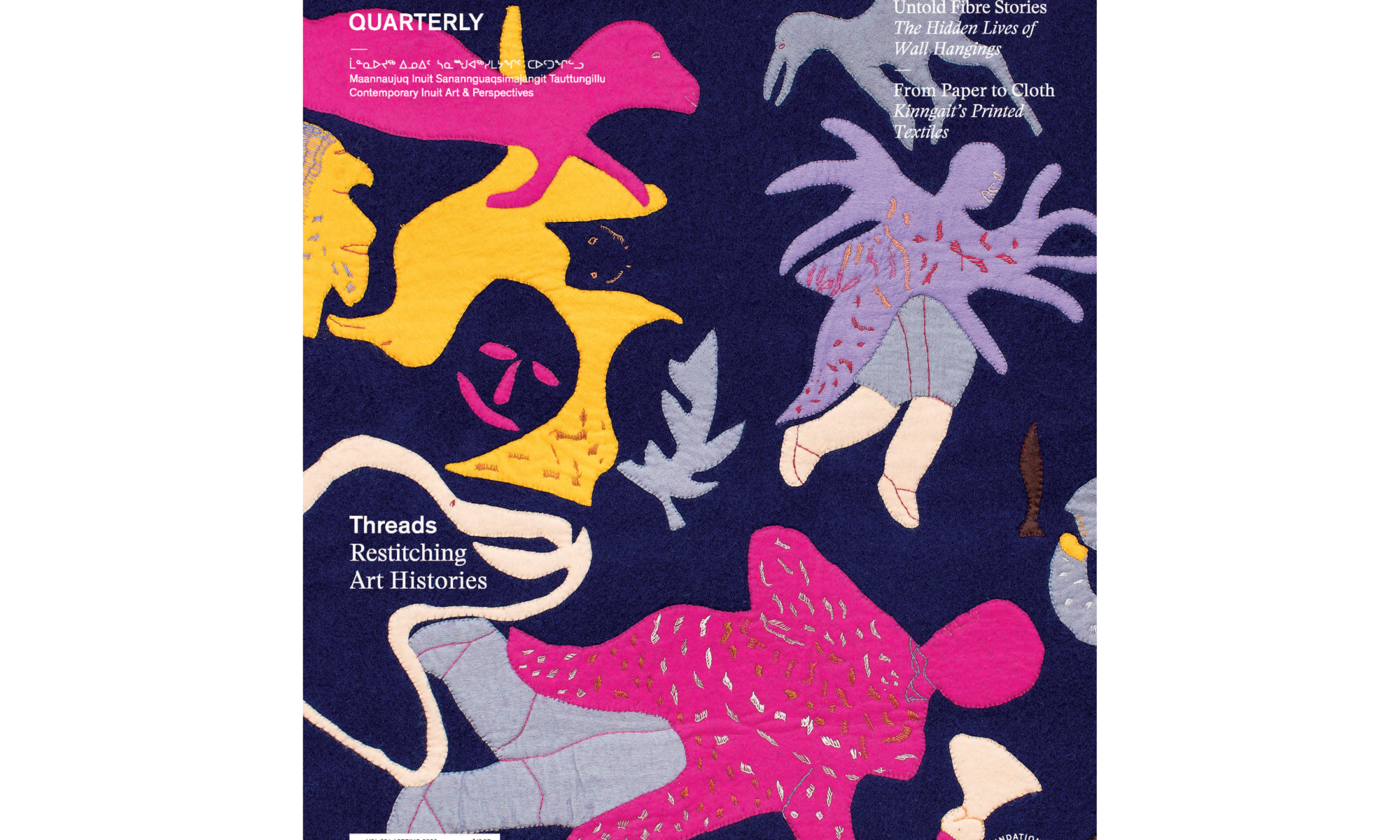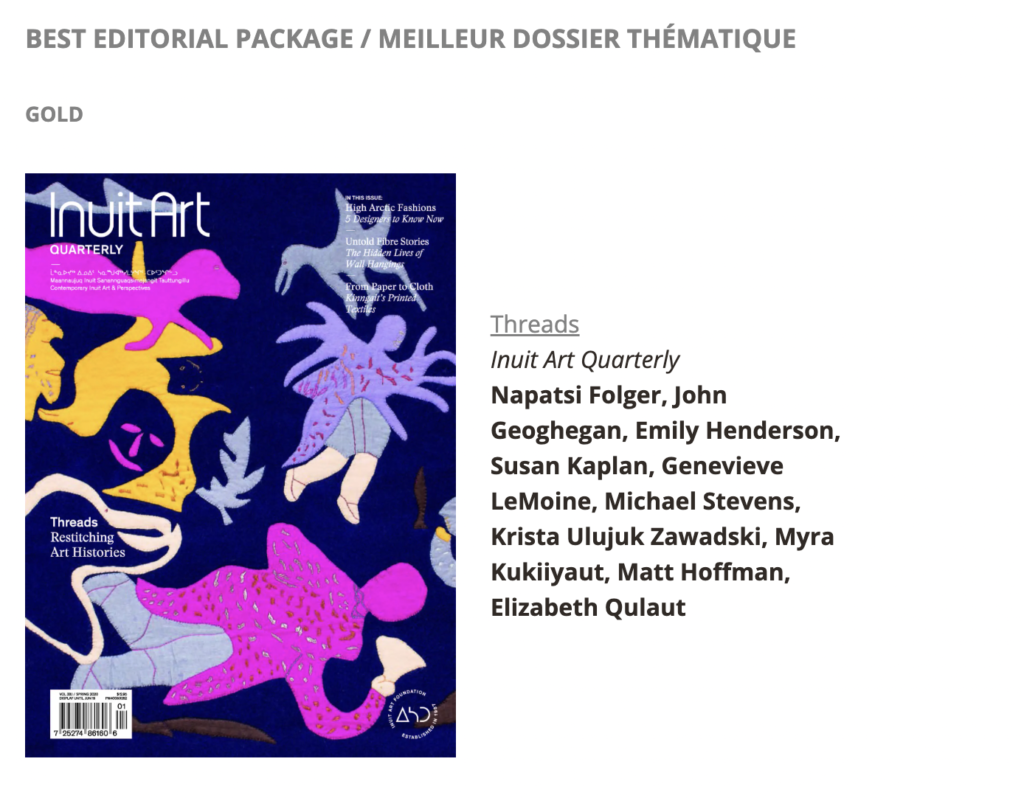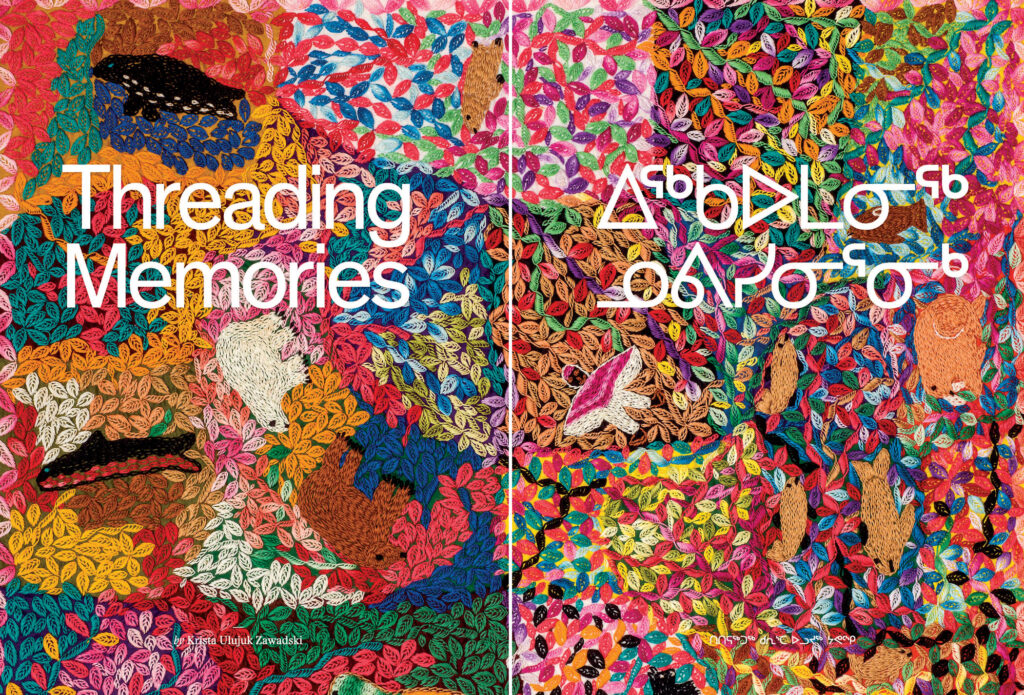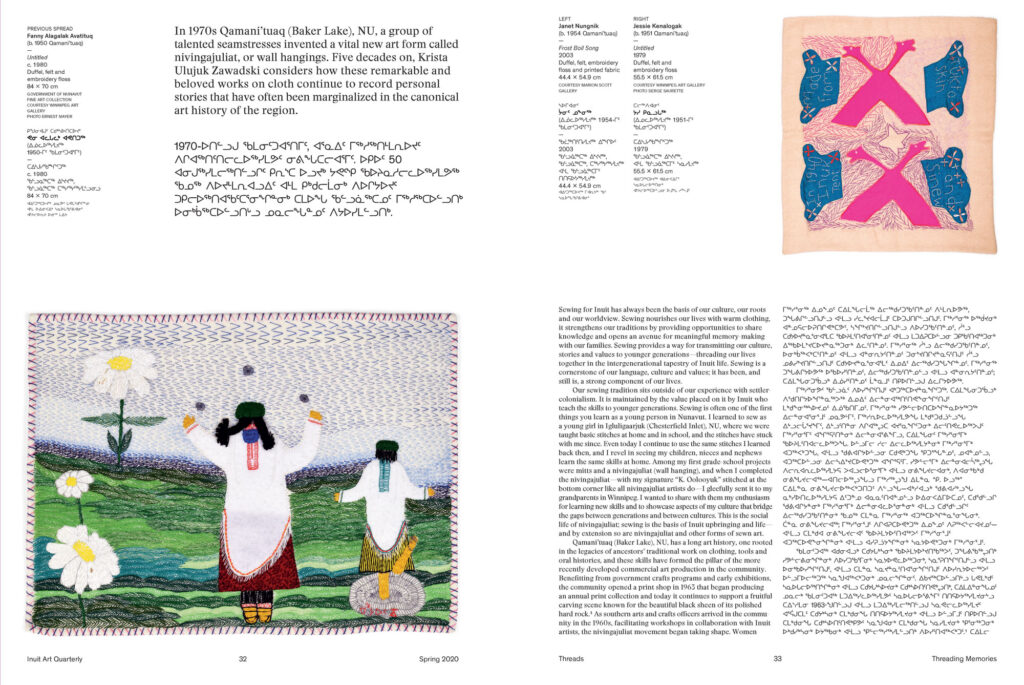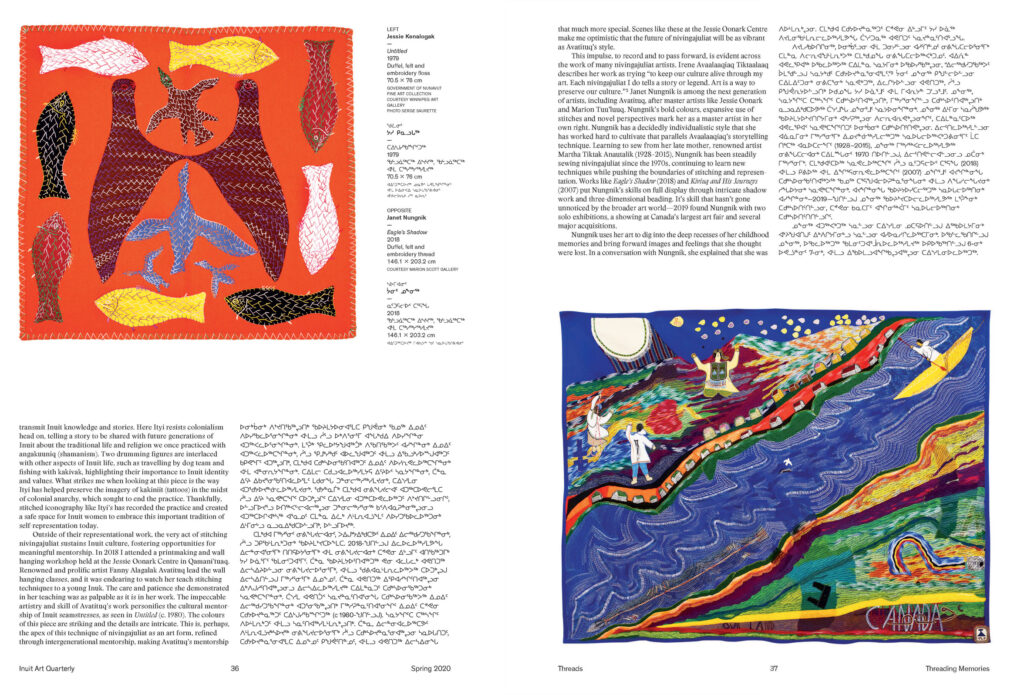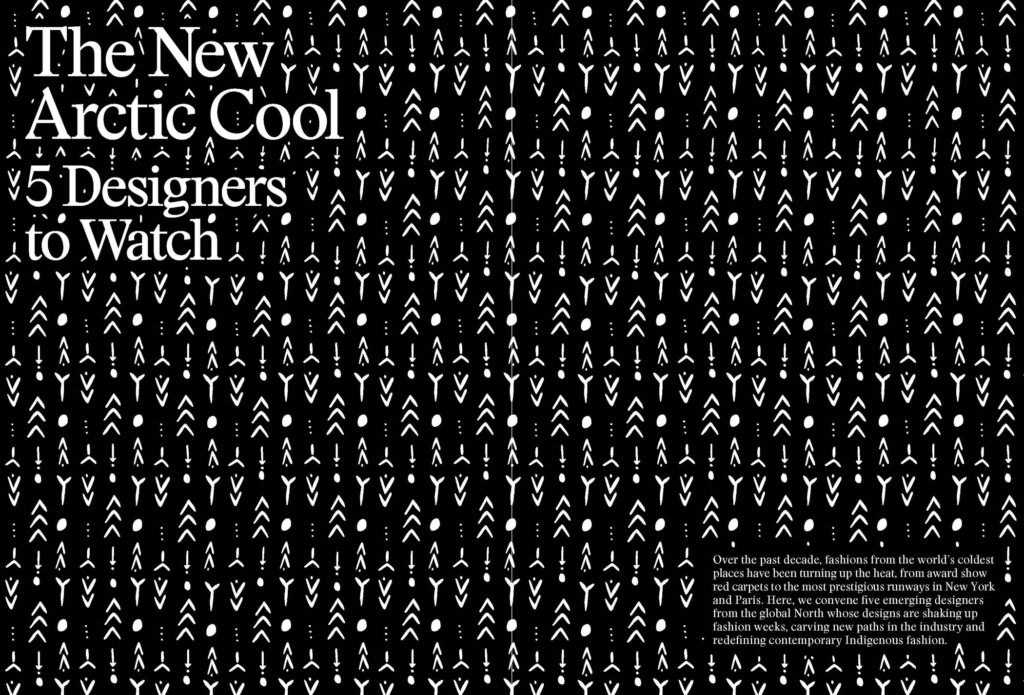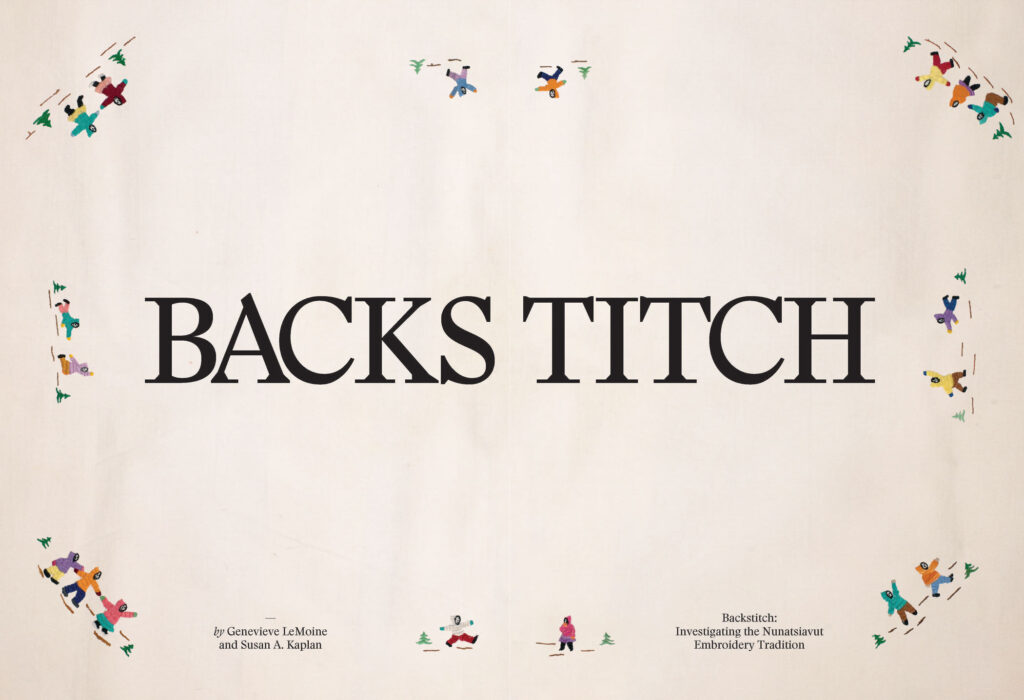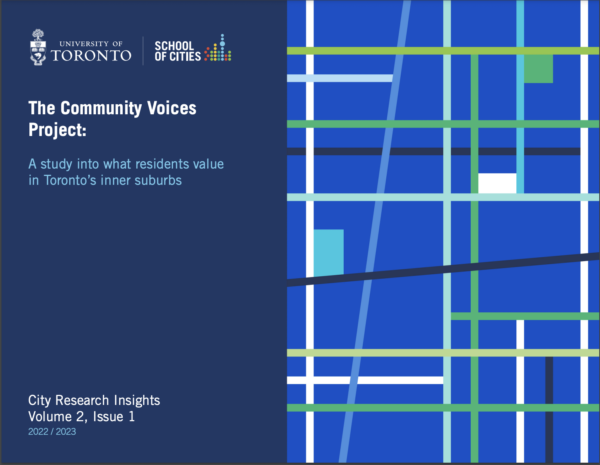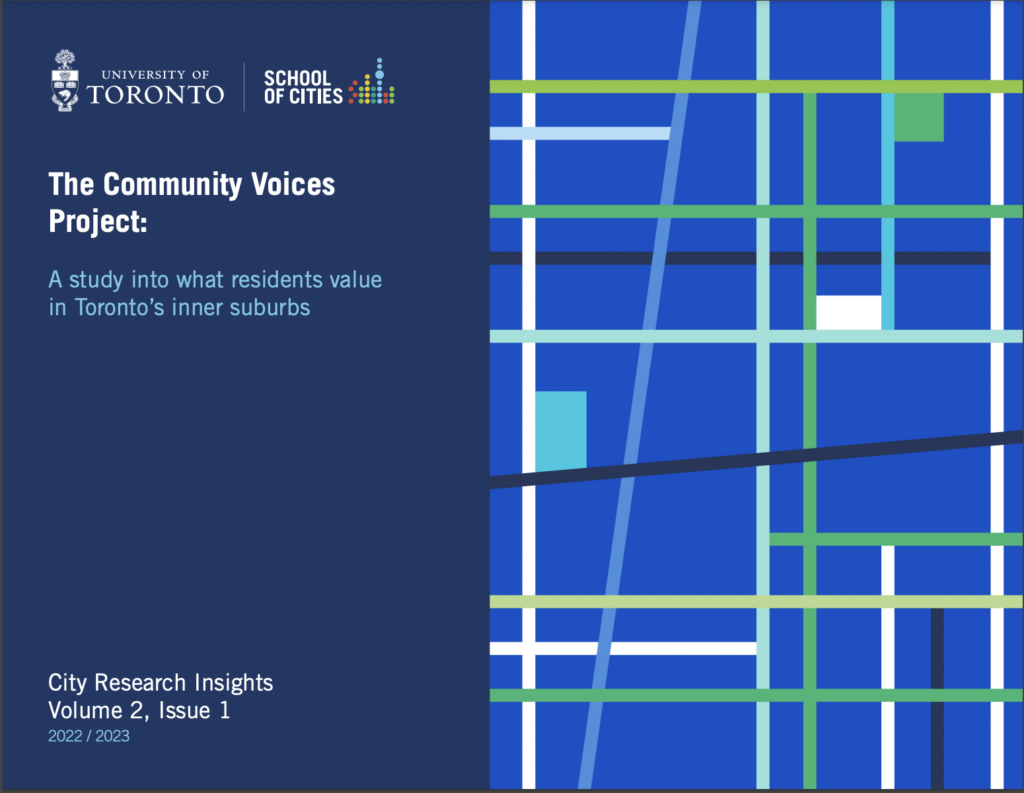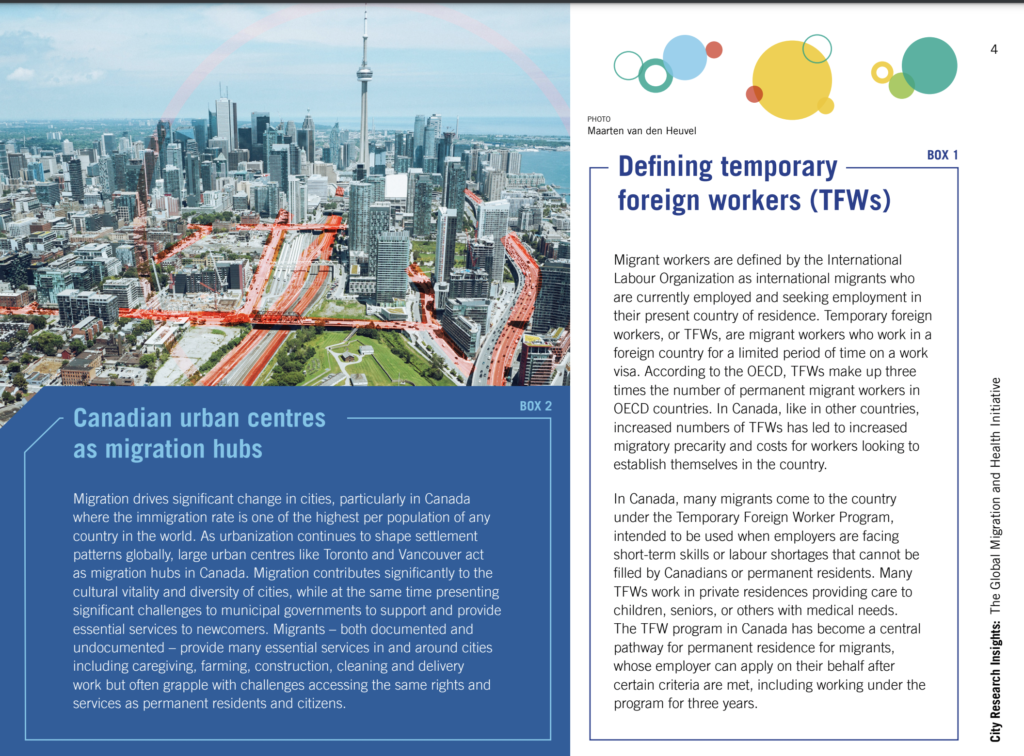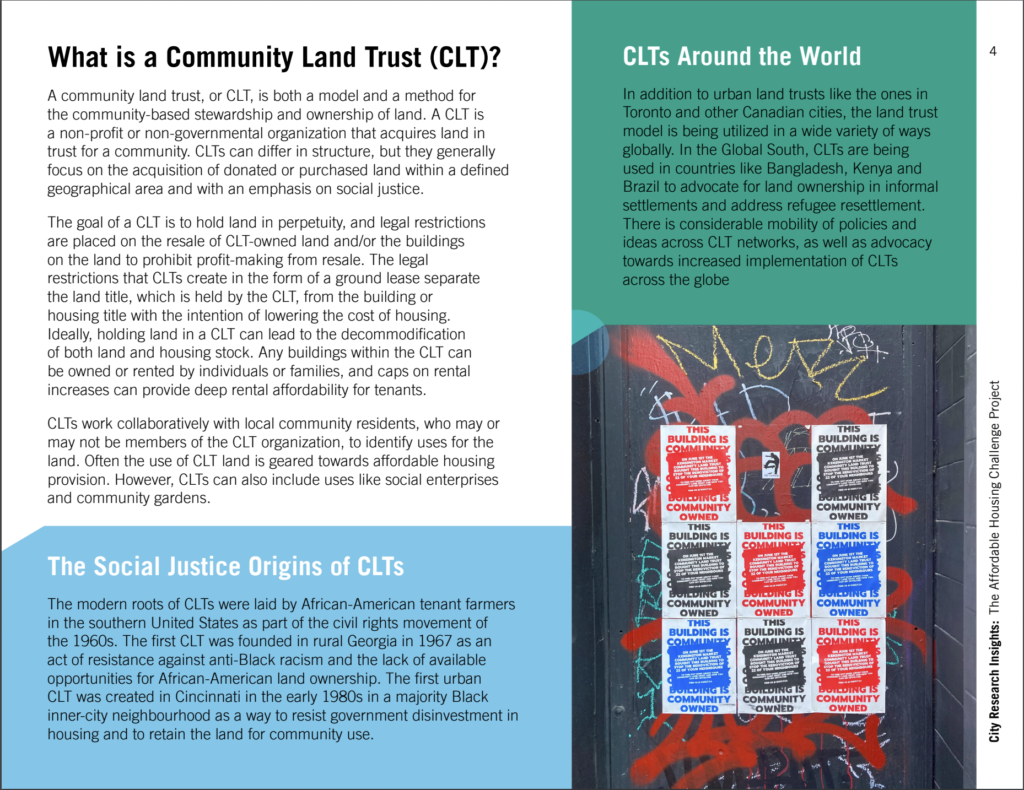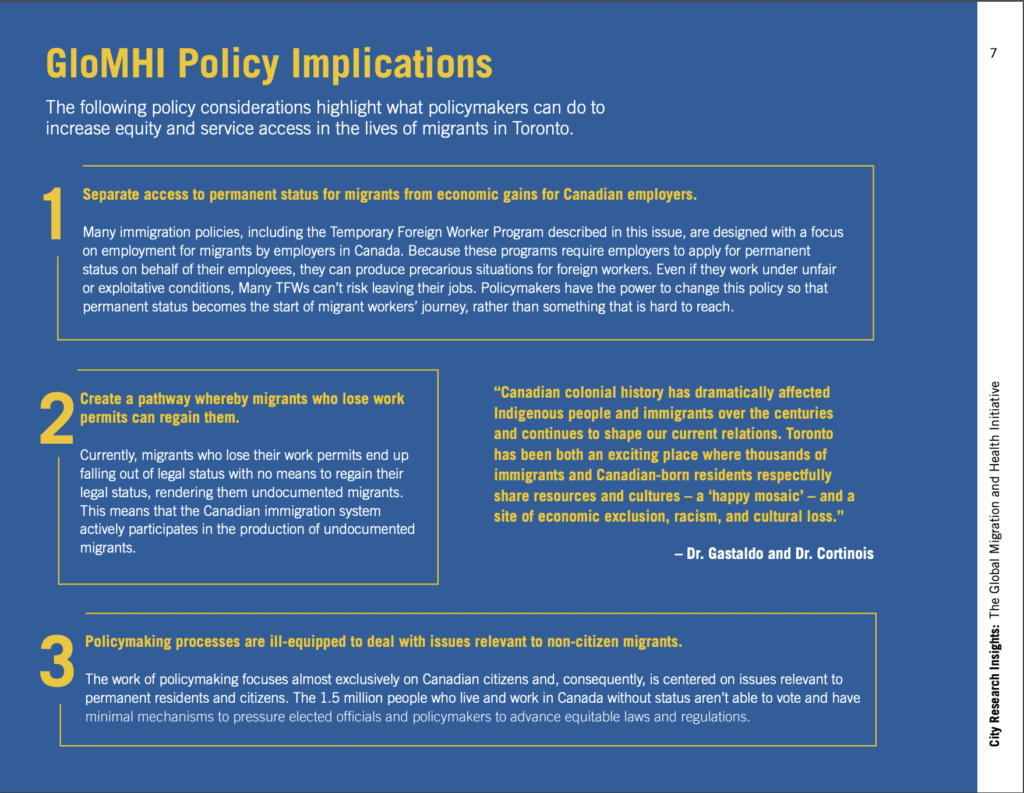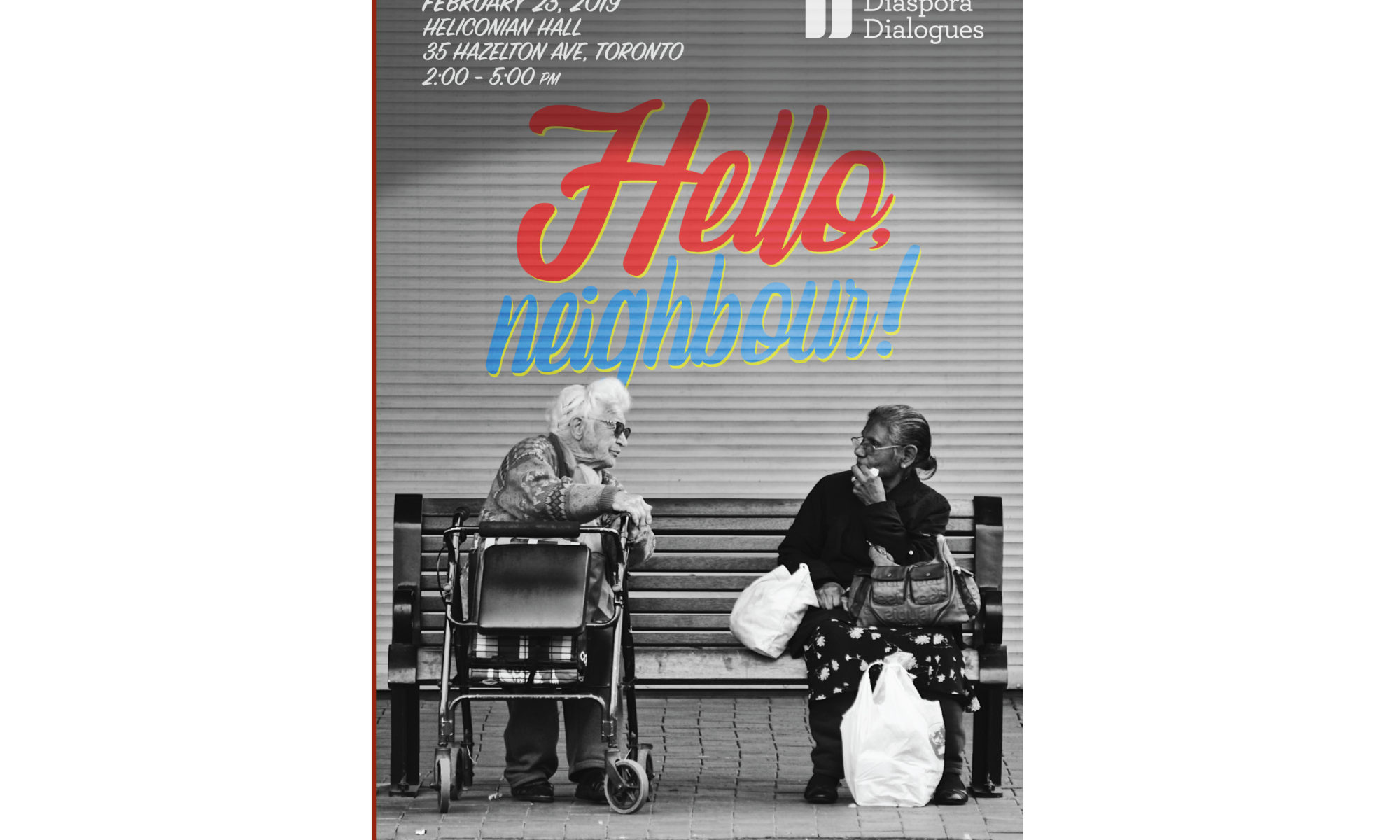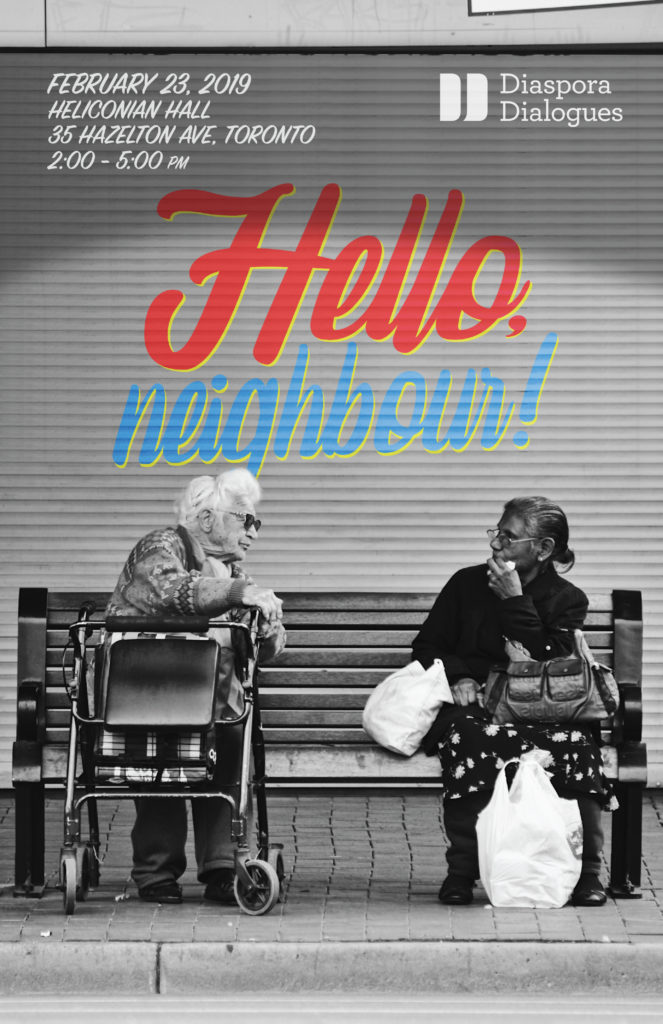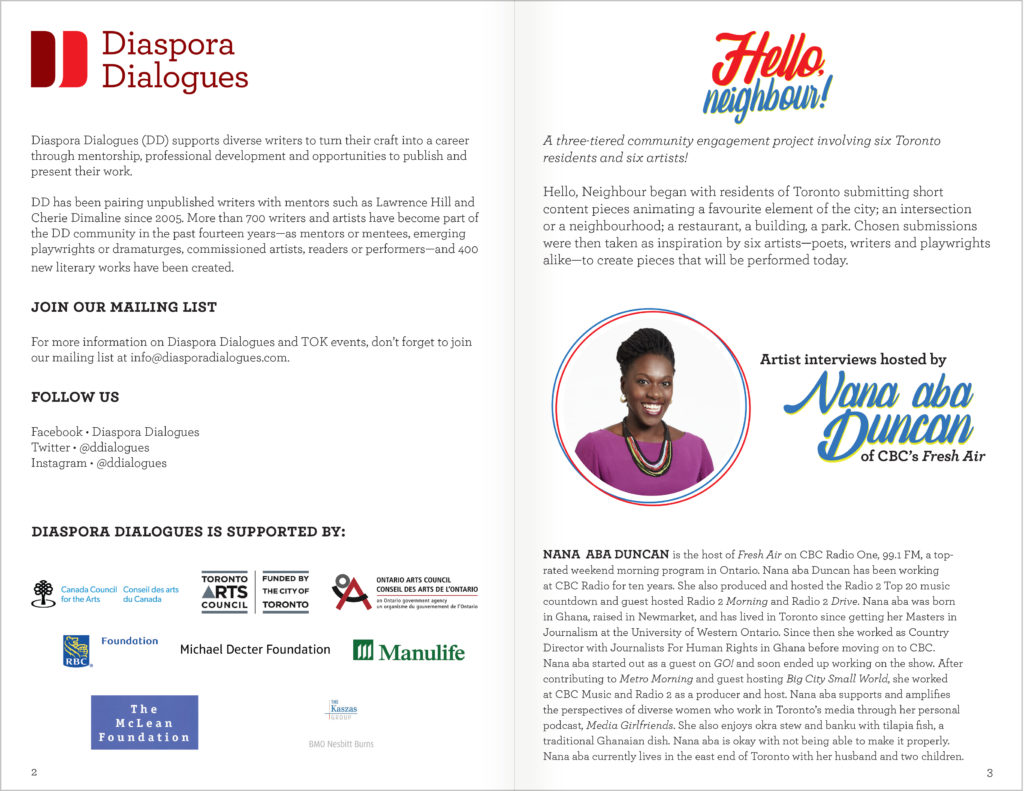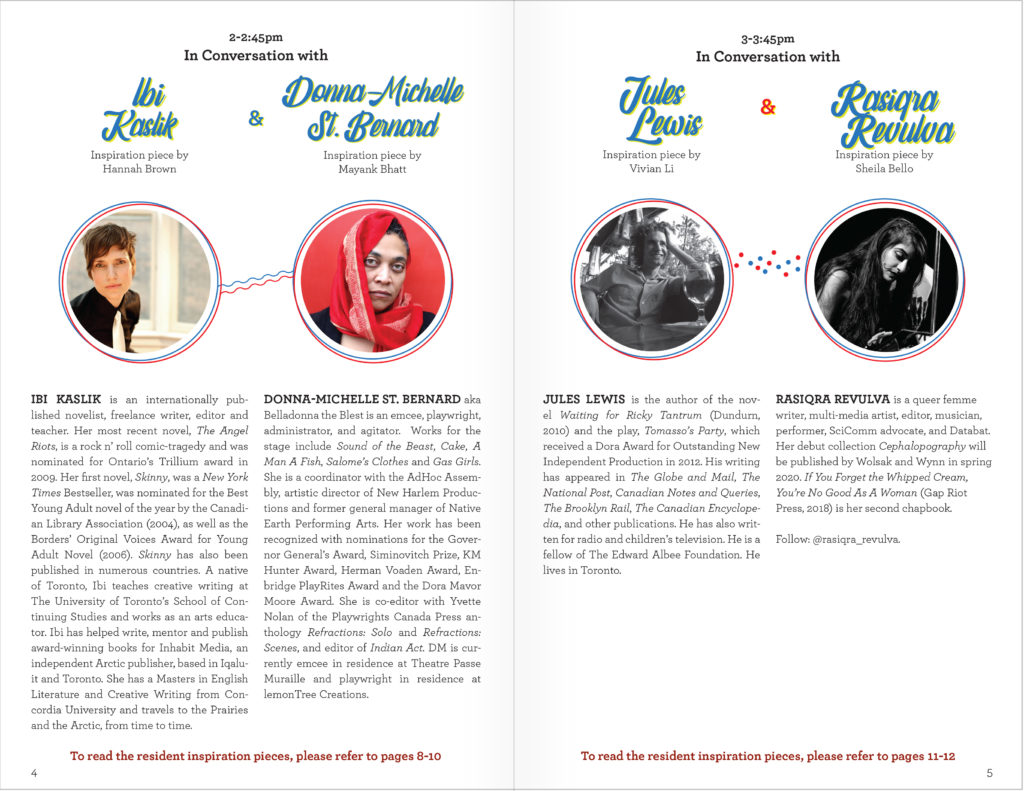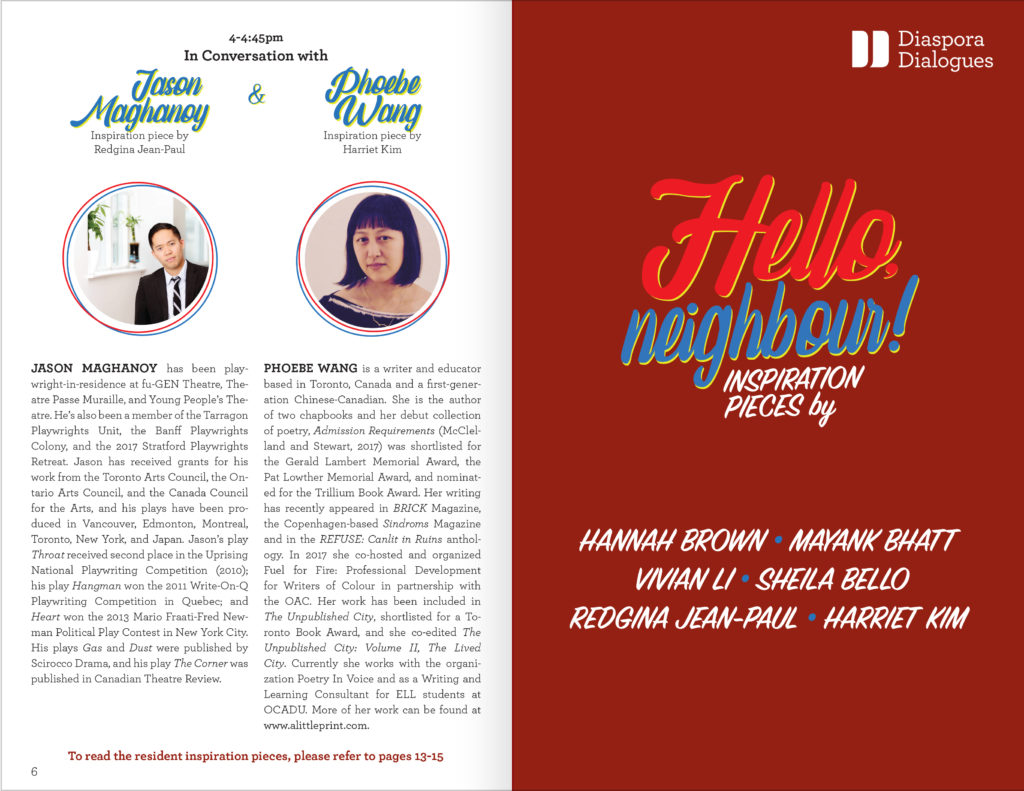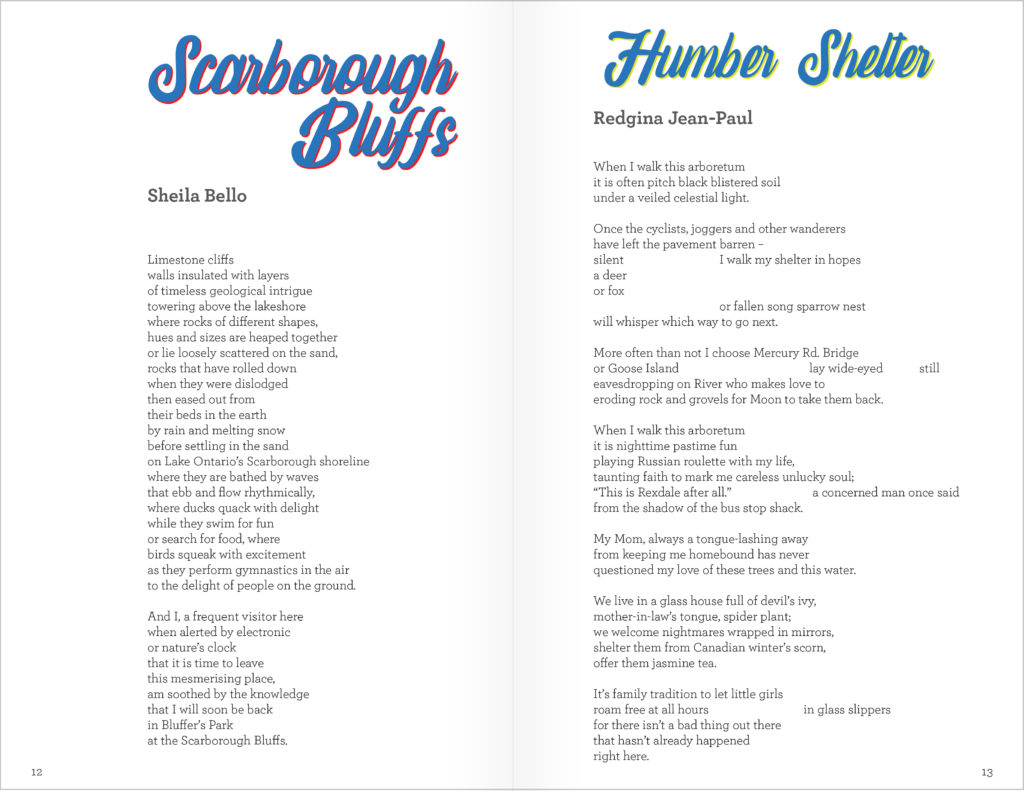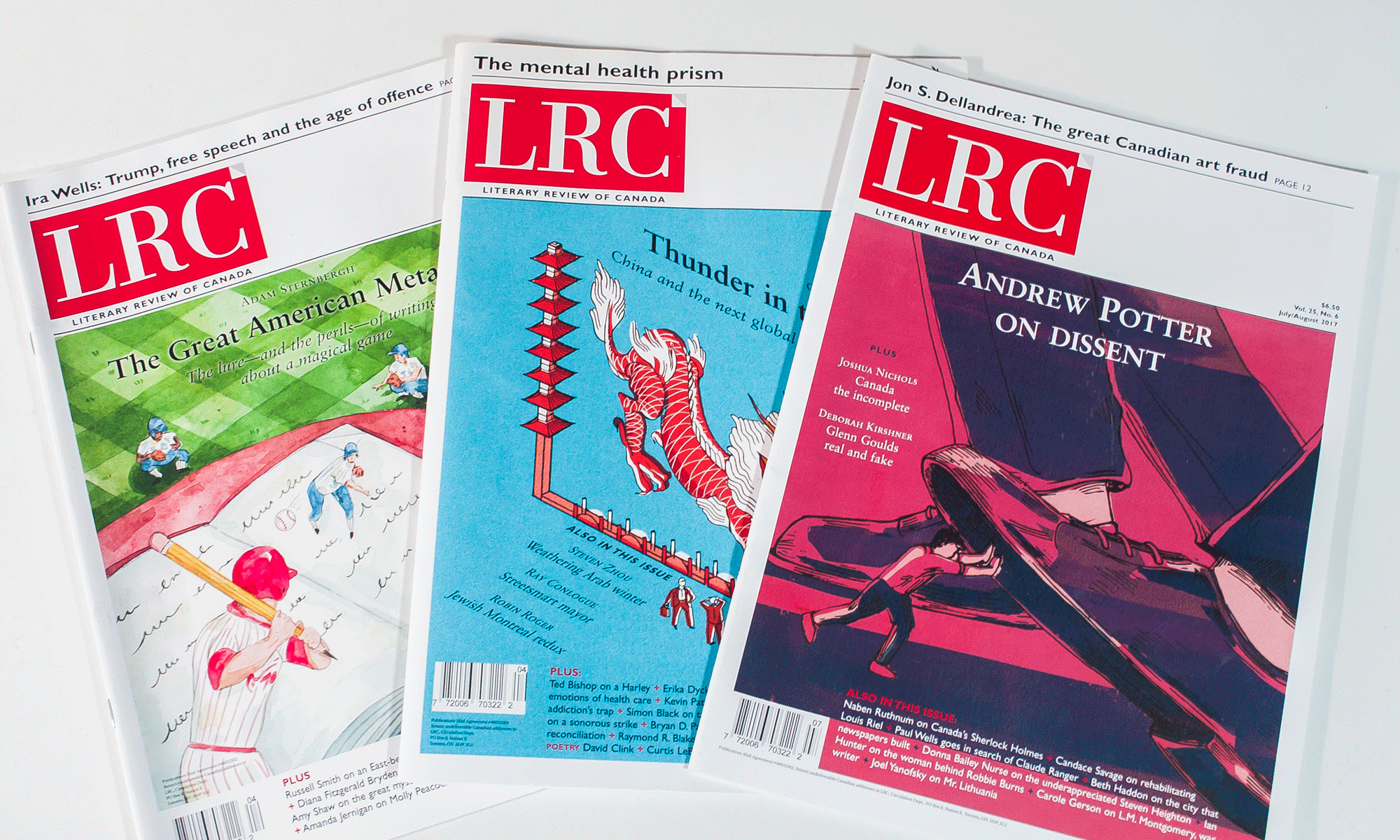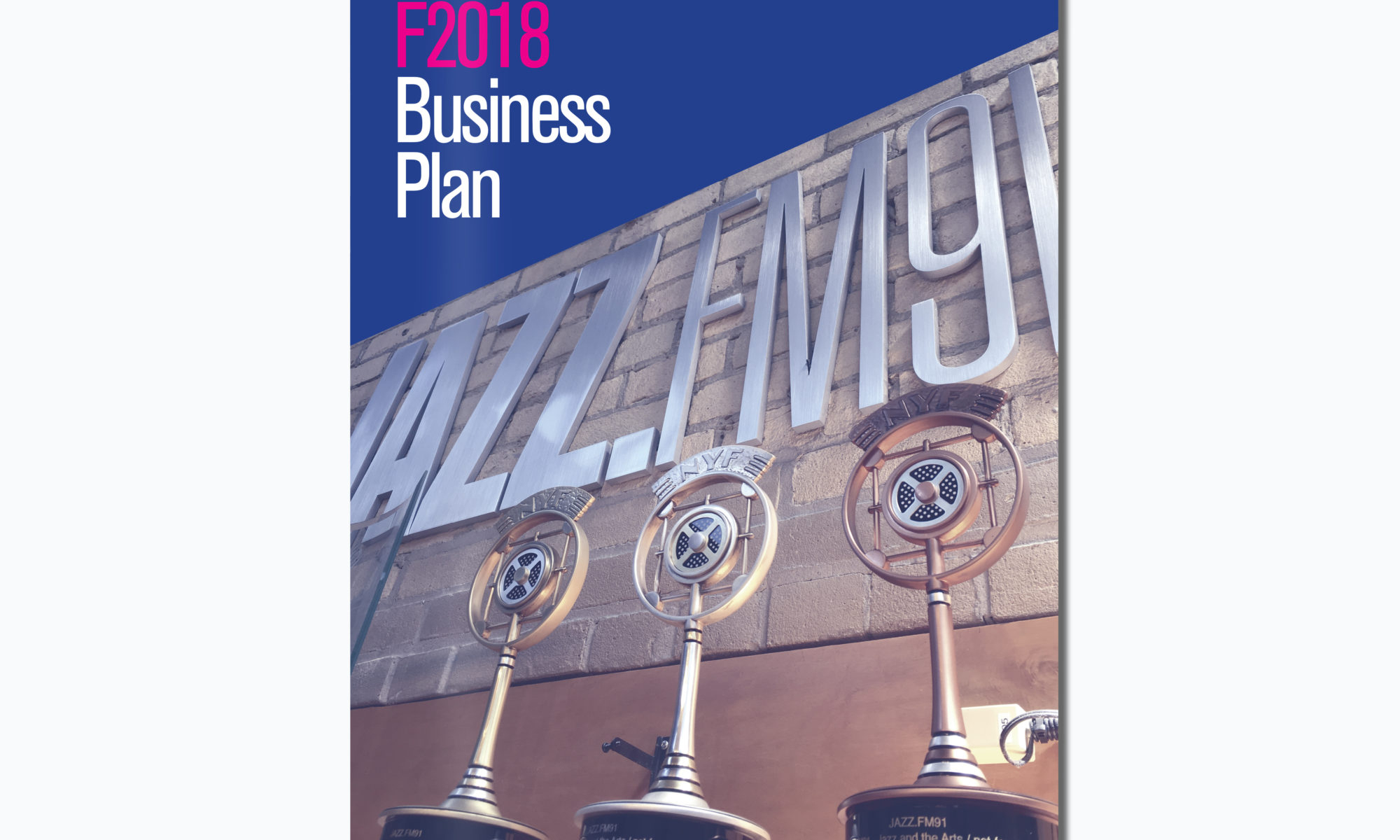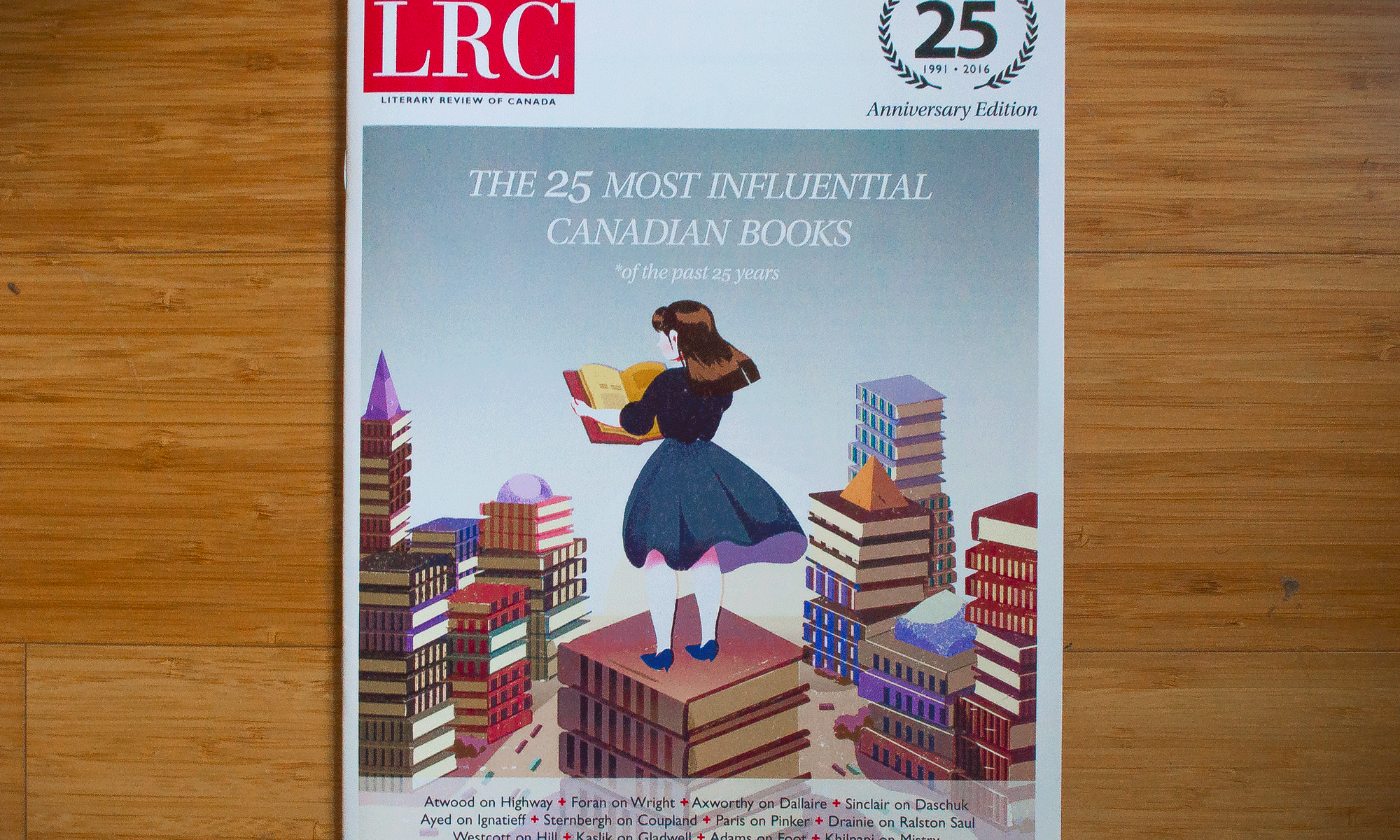Diaspora Dialogues is a unique and treasured charity in Toronto that supports writers of diverse backgrounds through direct mentorship, professional development and securing opportunities to publish and present their work.
DD’s main initiatives are its mentoring programs, where they pair emerging Toronto writers from diverse backgrounds with an established mentor. In one, over six months the mentor and mentee work to hone the mentee’s manuscript and help submit it to Canadian publishers. Past mentors have included Rawi Hage, Lawrence Hill and MG Vassanji, and the CBC show Kim’s Convenience was originally produced as a play with the support of DD.
My most recent work for Diaspora Dialogues, who I have had the pleasure to work with for the last five years, is the program for their new event series, Hello, Neighbour. This series is extremely local, taking written pieces about a given neighbourhood , which were taken as inspiration by artists—poets, writers and playwrights alike—to create new work to be performed at the event.
The material for the event was, then, part event program, part literary journal. Since Diaspora Dialogues has been located itself in the Annex in Toronto for years, we took inspiration from a specific Annex landmark:
